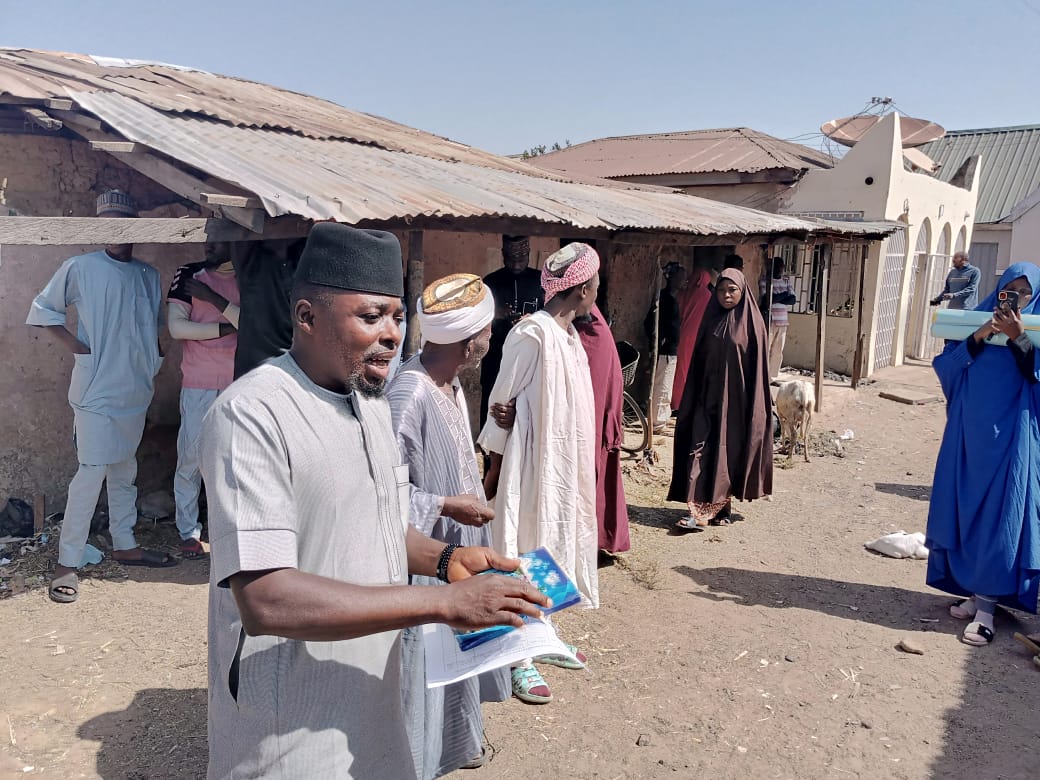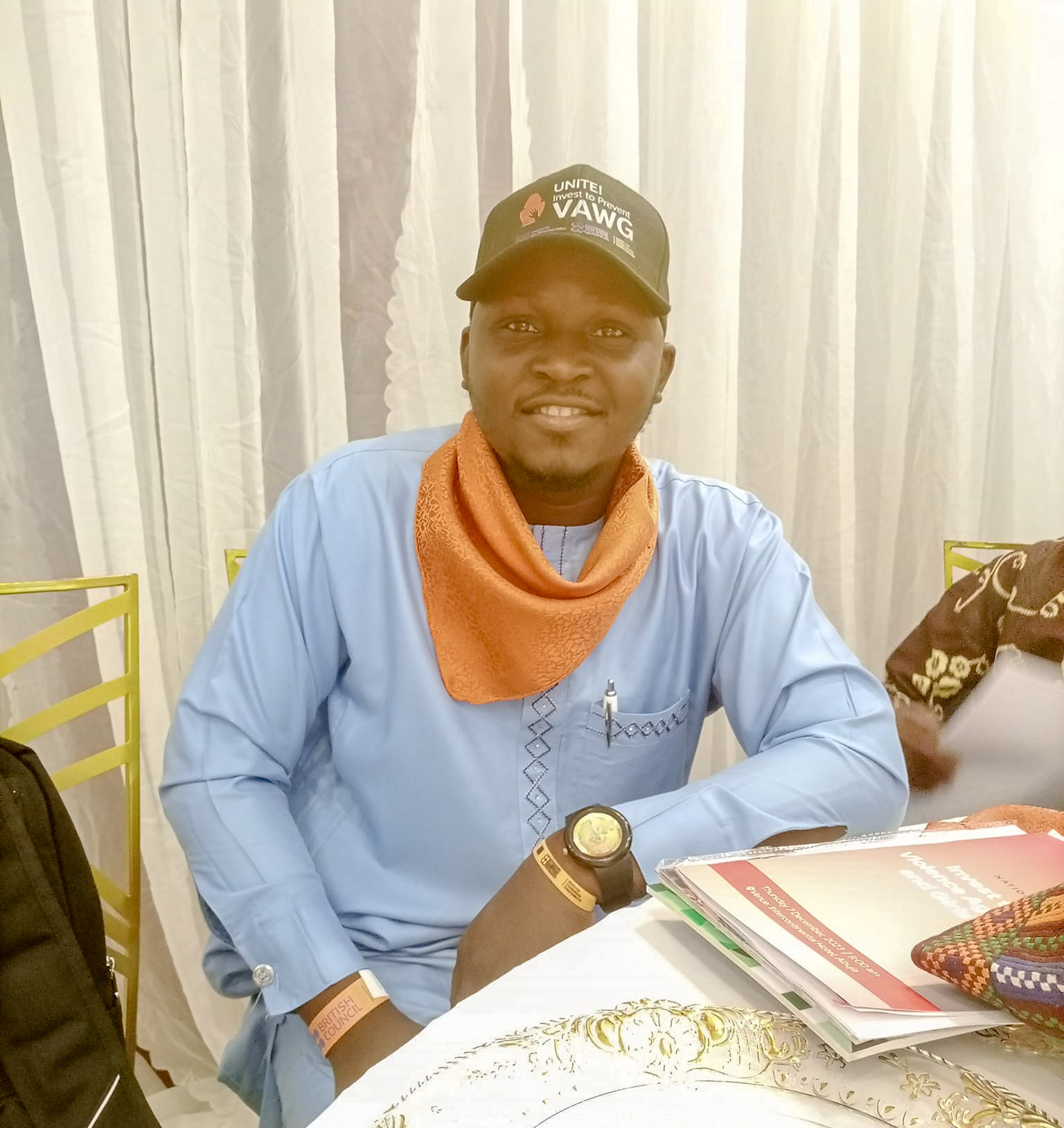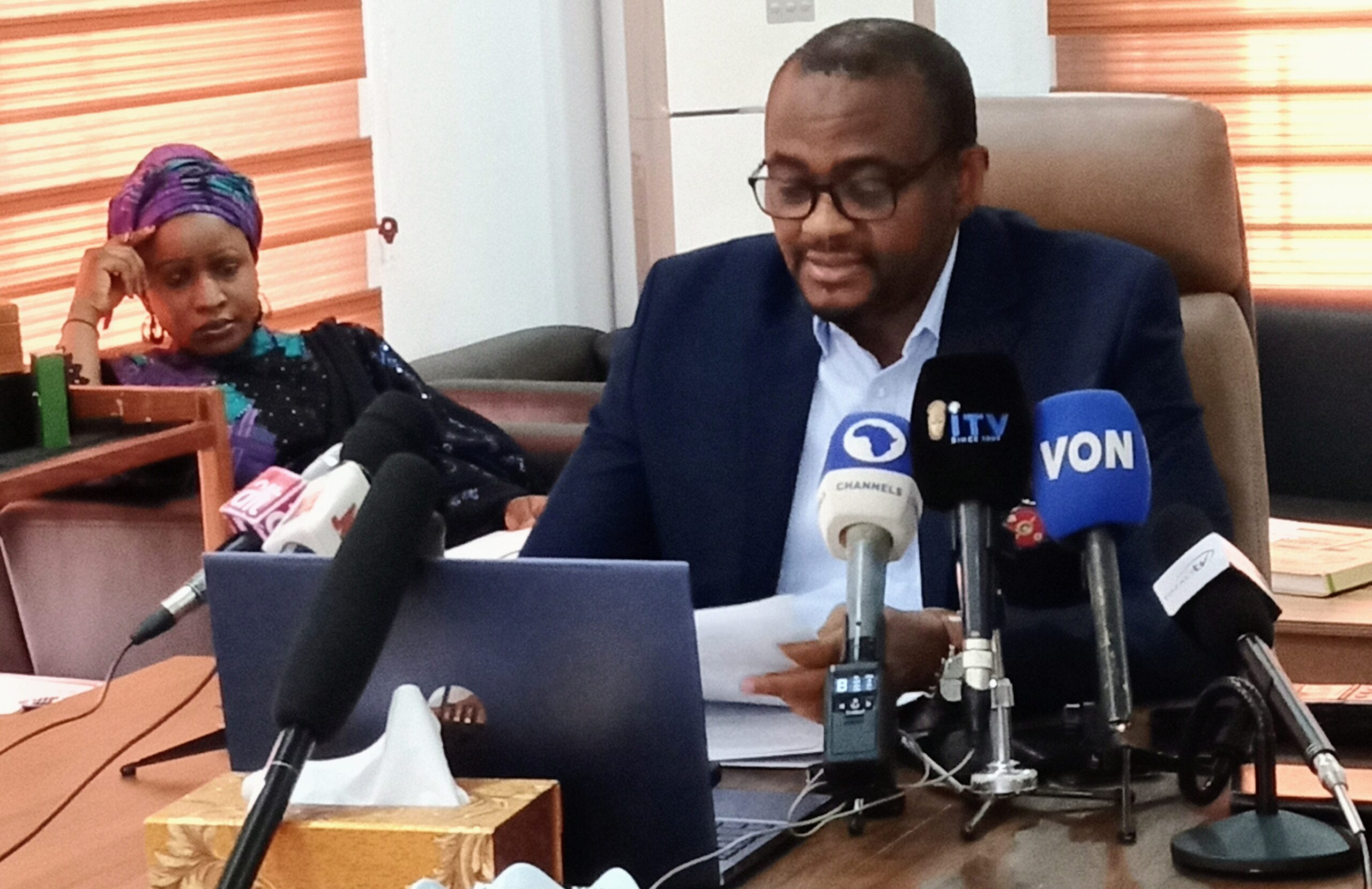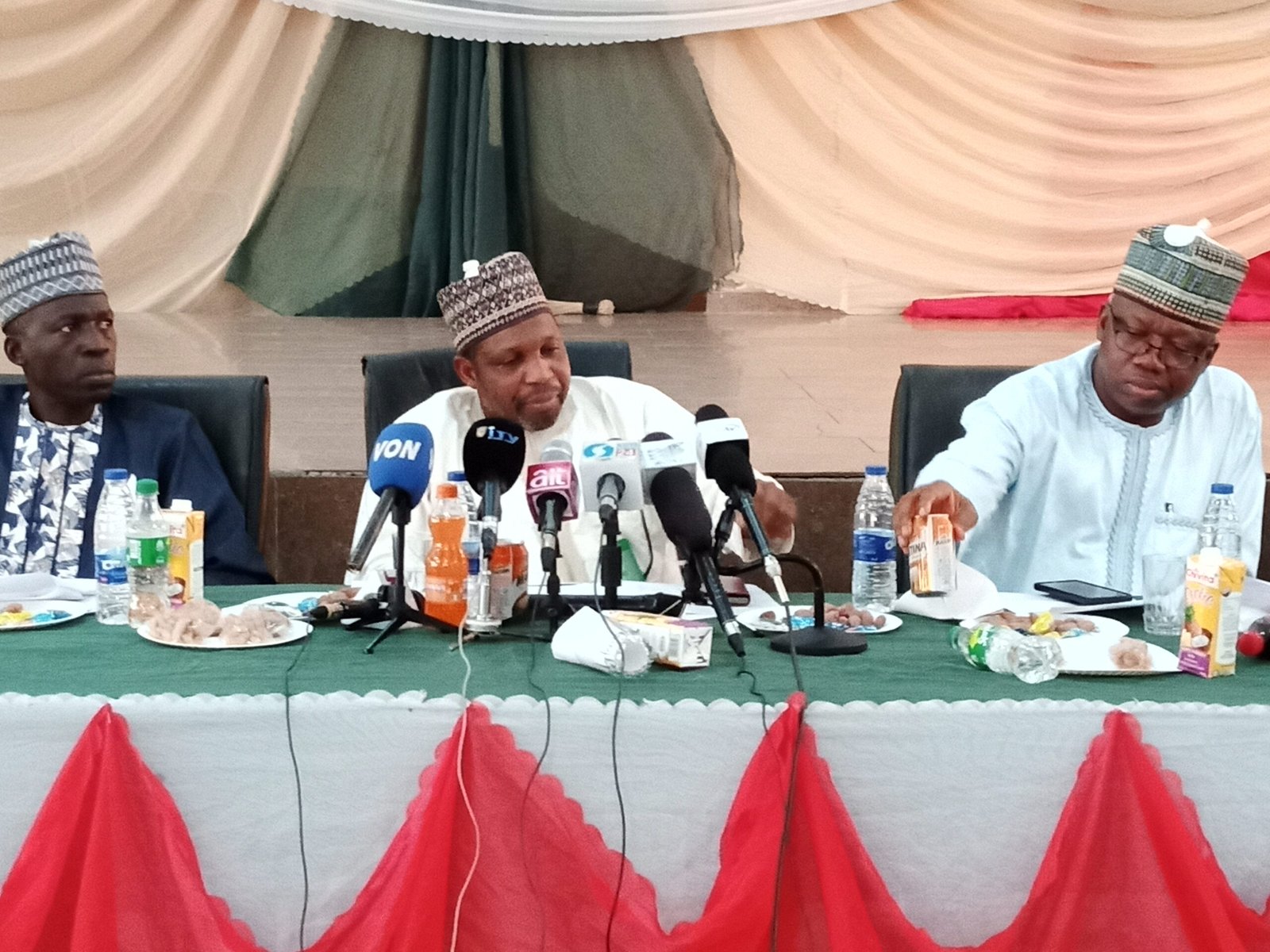16 Days Activism: Lets break the circle of silence to curb GBV – Activist
By Philip Yatai
A gender activist, Mr Stephen Waya, says breaking the circle of silence on Gender-Based Violence (GBV) cases is key to ending the scourge in communities.
Waya, the Head of Gender and Social Inclusion, Coalition of Associations for Leadership, Peace, Empowerment and Development (CALPED), stated this in an interview with the News Agency of Nigeria (NAN) in Kaduna on Wednesday.
The activist, who spoke against the backdrop of the 2023 global observance of the 16 Days of Activism to End Gender-Based Violence Against Women and Girls, blamed the rising cases of GBV on inability of survivors to speak out.
NAN reports that the 16 Days of Activism is an annual international campaign that runs from Nov. 25, which is the International Day for the Elimination of Violence Against Women, until Dec. 10,
which is Human Rights Day.
The campaign was started by activists at the inauguration of the Women’s Global Leadership
Institute in 1991 as organising strategy by individuals and organisations around the world to
call for the prevention and elimination of violence against women and girls.
The global initiative is aimed at raising awareness about the devastating impact of violence on women and children, and the social fabric of the society.
It is also aimed at challenging discriminatory attitudes and call for improved laws
and services to end violence against women for good.
It has “UNITE! Invest to prevent Violence Against Women and Girls” as the theme for 2023.
Waya, therefore, said that the 16 days of activism would create the needed results if stakeholders worked together to break the circle of silence and encourage survivors to speak out.
According to him, silence is one of the key challenges to justice for GBV survivors and stressed the need for community approach to address it.
He said “we want the victims to come out and speak out so that justice can take its course. Not much will be achieved if no one is speaking out.”
Waya added that the community-based approach would provide a platform for reporting GBV cases in communities, adding that currently, there are no community centres for survivors to walk in and report.
He said that using the community approach, some respectful women in a community could be designated as point of contact for survivors to reach out to for guidance on the way forward.
He disclosed that CALPED had organised a one-day community-based approach to end SGBV in commemoration of the 2023 16 days of activism against SGBV.
He added that during the community engagement, some women were nominated to guide other women and girls on what to do when violated on the basis of gender.
Waya said that the nominated women would be trained to strengthen their capacity on how to handle GBV reports, where to go, or what to do to ensure that survivors get justice.
He also stressed the need for parents to be close to their children, spend quality time with them and listen to them to make it easier for the children to speak out when violated.
He pointed out that families were the closest point of contact which should make reporting of GBV cases a bit easier.
The gender activities also identified lack of confidence in the judiciary as another huge challenge fueling GBV in communities.
He explained that the lack of confidence in the judiciary was discouraging survivors from speaking out because those who reported had not gotten justice.
“For example, there is a law in Kaduna State that provided for the castration of a perpetuator of rape.
“But so far, no one has been castrated, despite the huge number of rape cases being recorded in the state. As such, the implementation of such law is very key to serve as a deterrent to others,” he said. (NAN)
Edited by Hadiza Mohammed-Aliyu













